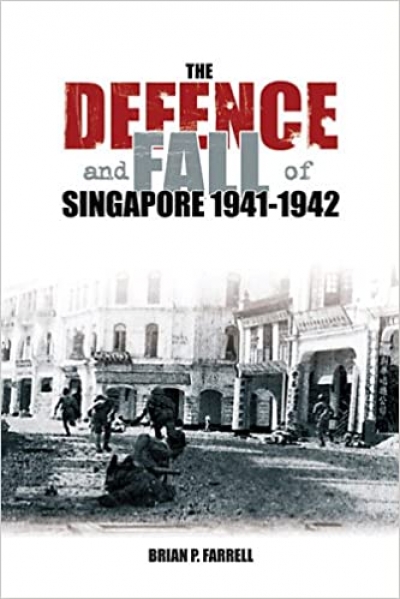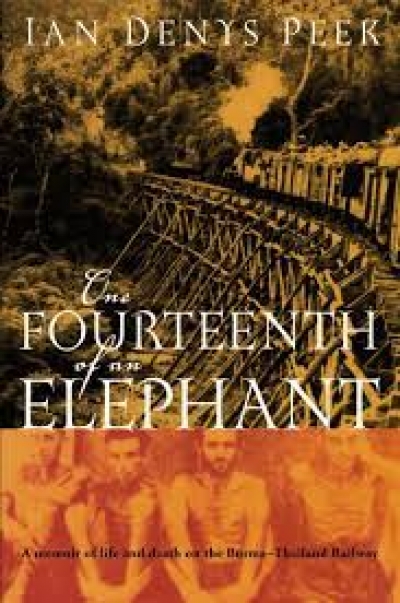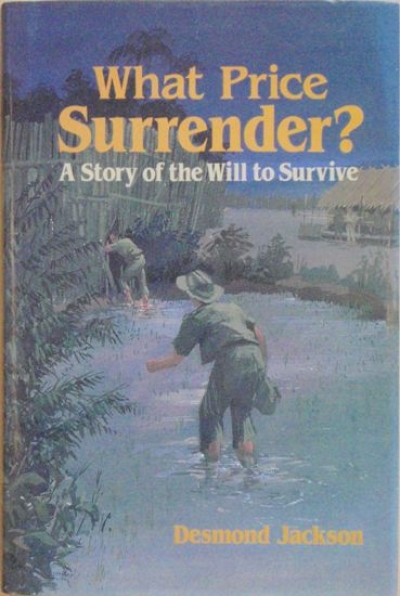It is rare that two books of such quality should appear at the same time, especially on a subject as tragic but absorbing as the fall of Singapore. The reader is reminded immediately of films about the maiden voyage of the Titanic. You know that at the end of the film the ship has to sink: you also know that Singapore must fall with equally dramatic suddenness. Worse, in the case of Singapore, the systematic massacre (sook ching) of much of its overseas Chinese population by the Japanese kempetai (secret police) adds a huge dimension of tragedy to what is already a disaster; as does the fact that the Japanese, unlike most Western armies of the period, had no plans to deal effectively with more than 130,000 Allied prisoners, who were then dispersed and incarcerated in prisoner-of-war camps across South-East Asia and Japan itself. Every so often, these scenes are revisited by sympathetic writing, and also by new evidence and analysis, which is the case here.
...
(read more)




